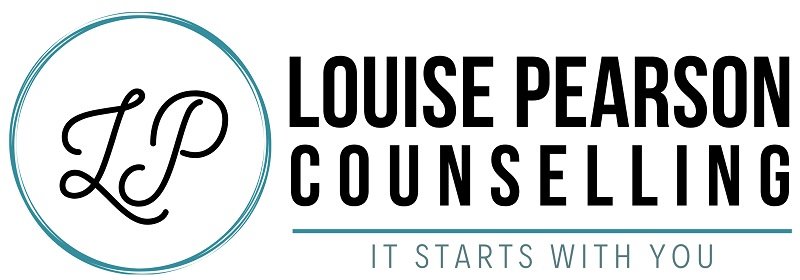One of the things I have been reflecting on this week, is just what it means to be connected. Every week at the end of my posts I encourage my readers to “stay connected”, and yet at times, I think we can easily forget what the key ingredients of connection actually are.
So, picture this! A client was recently telling me about his relationship with his wife. He highlighted one of those key ingredients when he said,
“Sometimes we just don’t seem to get each other at all. Our voices get louder but neither of us is really hearing what is being said”.
Well, I think that most of us can relate to his experience, of not being listened to. We might remember it from our childhoods when we were punished for doing things, before anyone thought to ask why we did what we did. We know it in our adult lives too; whether it’s in the relationship with our significant other, with friends, or with work colleagues. Sometimes it can be earth-shattering and a reason why we walk away from relationships. At other times, it can even be funny. When someone who is clearly not listening to me or waiting for an answer says,
“And how are you? Good?” I often grin because They think they already know. I then fine myself imagining what outlandish thing I might respond with. If we’re not in the mood to laugh it off however, the truth is that a question like that can leave us feeling invisible.
Now just as we can all relate to that feeling of not being listened to, hopefully we’ve all also experienced the flip side of that. It might be that we’re feeling strong emotion for whatever reason, and we’re ready to talk about it. When someone makes the space for us, when they really respond by listening with their whole attention and being, it can be very affirming. It can take us from a place where we might be feeling that our distress or unhappiness or even our excitement is not obvious to those around us, to the knowledge that we are seen. Now while that’s not always going to lead us to resolution of our problems, that feeling of being affirmed, of being seen, can be a real gift.
So, if we know that listening is such an important part of connection, then it begs the question … how can we build more of it into our lives? Well, I concur with William Ury, an experienced negotiator whose TedTalks I have found interesting, when he says that the art of listening is so important that it should be taught in schools. Failing that, there are a few things that we can do to improve our listening skills.
Much of it comes down to self-discipline really. So firstly, and this is something that I can easily forget myself, we need to stop listening just so that we can talk. We need to stop thinking to ourselves, as we listen to someone else’s story, about what story we can dive in with of our own, as soon as they have finished speaking. If we actually slow down, and we stay focussed on what that person is saying until they have finished speaking, there will be time enough in the conversational pause, to think about our response. It takes practice, but it is worth doing; just think back to the times when you have felt like someone is really listening to you, often those gaps will be there.
Secondly, and I know that someone needing our attention does not always come at a convenient time, but we need to be careful of how much we multi-task. Sure there are times when it’s okay to be talking to someone as we are out for a morning walk, or as we water the garden for example, but listening while we watch tv, or while we are reading email, is to my mind, just plain rude. We need to be listening closely enough that we can sense distress, sense excitement, sense frustration in the other for example, so that when the conversation moves from being about a mundane day to something more important, we can be aware of that and give it our full focus. in this world where all of our phones are mobile, I sometimes need to remind myself that yes, I can be expected to just sit and listen. When I don’t do that, and someone is telling me something important, I might be leaving that person with the feeling that they are not a priority, which is not a feeling that I enjoy myself when the shoe is on the other foot.?
If you’re finding that your mind wanders when you are listening, which I think is a very human response really, then try checking in with the person about what you have heard. I’m not a huge promoter of strict reflective listening practices which instruct you to repeat back everything that the person has just said in your own words, but they do certainly work to ensure that we are hearing what the person has said, that we’re not jumping to conclusions because we think we’ve heard it all before, and that we’ve got a better chance of hearing the feelings behind the words.
The bottom line? When we listen to others, we find the common ground between us, the feelings and the experiences that we share, and that’s what connection is all about.
